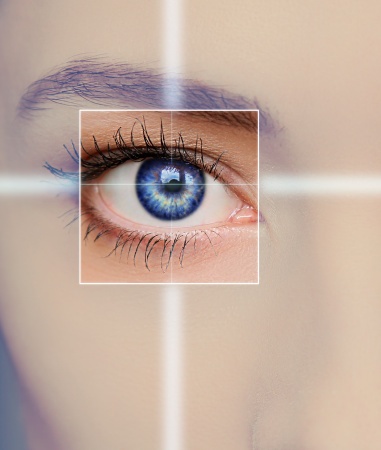By Deborah Pinnock on Apr 20, 2017 @ 03:01 PM
Red is a bold color, commonly associated with roses, romance, stop signs and Christmas. When the white of your eye takes on this color, and you’re not pretending to be a dragon for Halloween, it typically means that something is wrong. A common cause of eye redness is the swelling of the blood vessels that are on the surface of the white of your eyes. At times, this redness may not require medical attention but at other times it may. Here are three conditions that may cause your eyes to become red.
Pink Eye
Conjunctivitis, otherwise called “pink eye” is fairly common. It can be caused by:
- A bacterial infection
- A viral infection
- A tear duct that’s not completely open (common in babies)
Pink eye is contagious so the earlier you get to your doctor the less likely you are to spread it.
Dry Eyes
Did you ever think it was possible to not have enough tears? Well, it’s possible. And not producing tears or good quality tears can result in having dry eyes. Signs that you have dry eyes vary; they include your eyes appearing red, the feeling that there’s something in your eye or the presence of mucous in or around your eyes. Dry eyes frequently happen in situations such as:
- Riding a bike
- Looking at a computer screen for too long
- Being in an airplane
- Being in an air-conditioned room
It’s important to visit an optometrist, especially if the signs remain for a long time or if you're feeling pain.
Computer Vision Syndrome
Staring at a computer screen for too long without blinking much can cause your eyes to burn, become tired and red. Extended use of your favorite tablet, e-reader or your cell phone can have similar effects. These types of vision-related problems are called Computer Vision Syndrome (CVS) or Digital Eye Strain. There are a few ways to combat this condition. They include:
- Taking frequent breaks
- Using eye drops to help moisten your eyes
- Wearing special computer glasses
Yellow looks great on sunflowers and red is fabulous for roses but neither color is great for the white or sclera of your eyes. In fact, they are a sure sign that something is wrong. Sometimes the problems are mild and can be taken care of with rest. Other times, they are a sign that you have serious medical problems and should visit a doctor. In general, a good practice is to get regular eye exams, which is easier when you have a good vision plan. This way, your eye care provider may be able to catch any problems before they develop or when they first begin.





comments